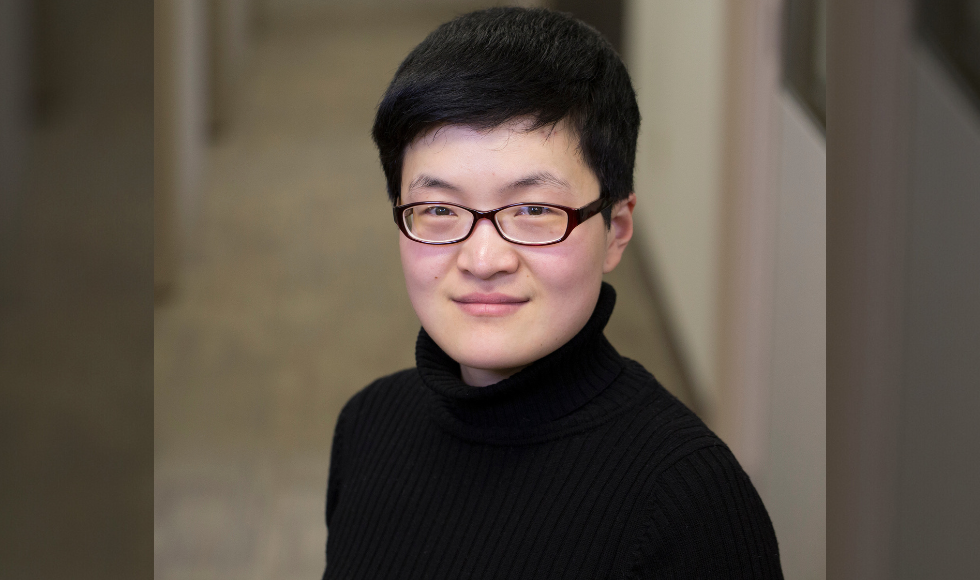Sociologist Zhifan Luo joins Wilson College

Sociologist Zhifan Luo studies the interplay of digital technologies, political power and civil society, and its implications for civic engagement and public discourse.
Wilson College and the Faculty of Social Sciences welcome sociologist and expert on digital media and civic life Zhifan Luo.
An assistant professor in the department of Sociology, Luo comes to McMaster from Concordia University, where she studied the interplay of digital technologies, political power and civil society, and its implications for civic engagement and public discourse.
We talked to Luo about her research and her work with Wilson College.
Tell us about your research.
My research investigates the intricate interplay among digital technologies, political power, and civil society. Two questions propel this investigation: In the authoritarian context, how do the rulers adapt to the digital age, and how does the adaptation affect civic life and discourses? In the democratic context, how does digital technology reshape civil relationships and civic engagement?
What research projects are you working on?
I am currently working on two research projects. The first one is built upon a self-compiled dataset of public discourse on domestic violence from the Chinese social media platform, Weibo, spanning the years 2009 to 2019. In this project, my research team is analyzing how the state, media, feminist activists and the public contested and shaped the narratives on this issue.
The second project is based on another self-compiled dataset comprising all publicly available tweets about censorship from 2006 to 2022. This project will examine the weaponization of the term “censorship” within democratic contexts, aiming to illuminate the transformation of the public sphere in the digital age.
How does your research relate to Wilson College?
My research adopts an interdisciplinary perspective to examine the role of social media and digital technology in civic life, with an emphasis on political power, gender equality and civil resistance. It will contribute to Wilson College’s mission to nurture future leaders of Canada by inspiring thinking and discussions on how emerging technologies will shape our future and how public leaders and civil society actors can engage in this process.
What drew you to Wilson College?
As a sociologist working in an interdisciplinary field, I believe that Wilson College provides me with a platform to engage with students and scholars across disciplines, bringing together divergent perspectives for informed conversations and innovation. It also allows me to better connect my research on digital media and society with my teaching activities, thereby enhancing the learning experience and fostering critical thinking and creative problem-solving in students.
What courses will you be teaching?
At Wilson College, I will be teaching 1A03 – Introduction to Leadership and Civic Engagement, which is open to all undergraduates. In this course, students will be introduced to a conceptual framework that will guide their thinking and practice of leadership towards a more just and equitable future.
What does it look like to for students to begin their leadership journey in university?
University provides students with the opportunity not only to learn, but also to practise leadership through trial and feedback. It offers a friendly environment for future leaders to form and refine their ideas, connect with like-minded members of the university community, and engage in constructive dialogues with those who think differently. This environment encourages open-mindedness, critical thinking and innovation, leaving a long-term impact on students’ leadership journal in the future.
Outside of academia, what do you like to do?
In my spare time, I enjoy honing my skills as a novice potter — and occasionally forcing my friends and family to accept my creations as holiday gifts. My other hobbies include birdwatching, scuba diving and hanging out with my two cats.

